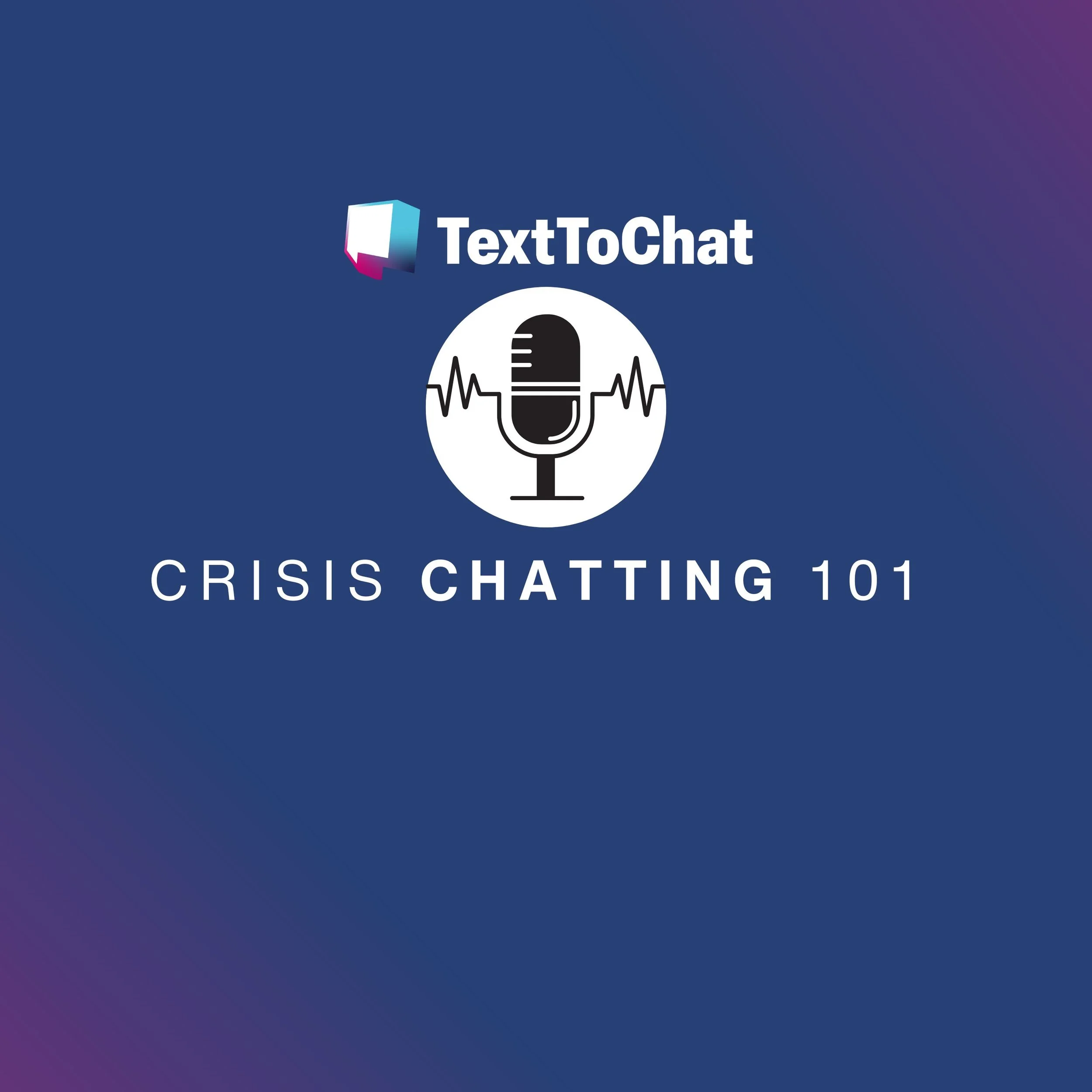
Find Hope and Support: Explore Our Comprehensive Mental Health Resources for Healing and Wellbeing
LISTEN
Whether you’re a friend, family member, or caregiver, Crisis Chat 101 aims to demystify the process of talking about mental health and equip you with the tools to make a positive difference. Tune in and become a confident ally in someone’s journey to healing.
Resources
-

Crosswinds Counseling
Crosswinds Counseling provides outpatient mental health counseling for children, teens, adults, couples, families, and businesses.
We understand that life can be messy, and hardships in life can leave us feeling anxious, frustrated, and broken. We also understand that it can often feel impossible to overcome these hardships alone. We have a diverse group of Licensed and Master’s Level counselors who come from different backgrounds and have different therapeutic approaches. Yet, all share the same goal: to bring hope to individuals, families, and communities.
-

Parkview Behavioral Health
Parkview Behavioral Health Institute has a Crisis Center for anyone dealing with mental health issues. They have a call center available 24/7 and the center is open 10a-7p Monday-Friday. They can directly admit patients into the inpatient facility, talk on the phone, and provide in-person assessments.
Helpline: 260-481-2700
-

Wendt Center for Loss and Healing
This center provides resources and info on common reactions to losing someone, how to tell a child about death, ways to grieve, when to get help, grieving through the holidays, and more.
-

Talking to Your Parents - MHAI
This page on MHA discusses how to bring up your mental health to someone else, specifically your parents. They have a script-like message you can use if you want or need help figuring out what to say. There is also a section for what to do if someone talks to you about their mental health.
-

The Phoenix
This organization provides free workout classes (virtual, in-person, or on demand) to individuals who have been sober for at least 48 hours.
-

National Center for PTSD
This page has info on what PTSD is, treatment options for it, self-help resources and care options near wherever you are, and resources for loved ones.
-

The Dougy Center (Grief)
This organization provides grief support to kids, parents, and families. They have resources specifically for kids, teens, young adults, caregivers, and supporters. There is also a spot to put in your zip code to receive info on centers near you that can help.
-

Butterfly Project (Self-Harm)
The butterfly project is a method/technique to use to help you stop self-harming. They have a couple other strategies on this page as well.
-

Compassionate Friends (Grief)
This organization strives to support families after the death of a child. They have support groups through chapters, as well as an online option. They also have resources and links to hotlines.


